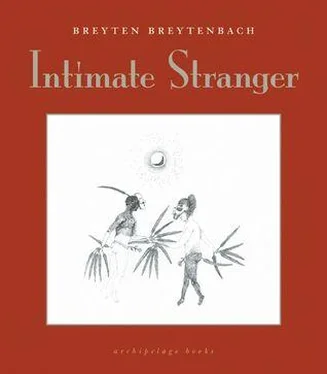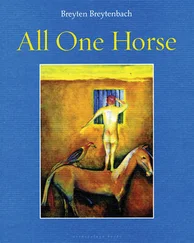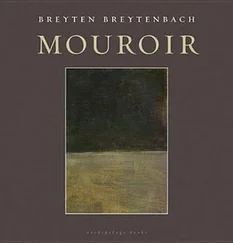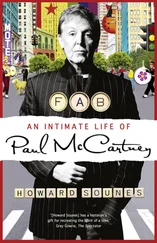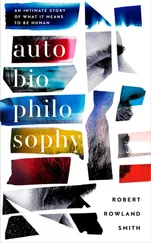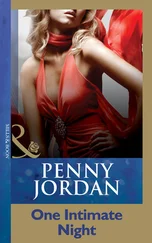Writing still is the existential game of amusing ourselves and others through the magic of inventing the known and hence the surprises of seeing it new; it is still also a process of digesting our lives, transforming perceptions, drawing the boundaries of our comfort and shaping the contours of our discomfort; it is, as ever, an ageless event and need, bigger and more mysterious than any of us, through which we may be crystallized. (Or cremated.)
Ultimately, the mode of apprehension may become a way of life defined by the culture or the time you come from. In ancient China, as I pointed out elsewhere, one had to be proficient at painting, poetry and calligraphy, with a smattering of music and philosophy added, in order to be a fully aware citizen — and then you were likely to be commandeered for political and administrative service unless you ran away to the monastery or the mountain. ‘Renaissance man’ could be another example of how artistic creativity became a life discipline. In this, perhaps, lies the difference between being ‘a writer’ and only writing. This need not imply that you play unnecessary roles or go dressed in obsolete attitudes as in a long dark coat for carrying fish around, but it does suggest that you make of writing your angle to life and the spectrum through which you translate your surroundings.
‘To be a writer’ could be good and it could be bad. What it ought to lead to is greater empathy and insight, the ability to quarter the meat of existence, deeper questioning, developing the practice of doubt without reifying it to a doctrine, more objectivity, finer compassion, perhaps some understanding of what it’s all about. That is, if you do not get mummified by the paint coming with the role and the personage; if you do not choke on the bad fish meat of words. But if you can hold on to the sheer magic of being a first-timer, the footlights blinding you, even when knowledgeable and cynical, you would have won the day and earned the night. And maybe have the pleasure of seeing the cheeky fish swim away in the water of oblivion.
(But I also need to go down on my knees before you, Reader. Please don’t ever indulge in writing just because you’ve been taught the craft as some do-it-yourself technique, like fishing, and now you have something momentous to convey to the world, like fish knowledge; and please don’t ever write just to mourn the fading in the water of Narcissus. I don’t want to hear of your achievements, prizes, grants, grunts and groans. Please don’t show your soul to me. Help us keep banality down by regularly, quietly and undramatically eliminating a creative-writing-course-produced or academy-embedded poet. Through drowning, if possible; as a boat put to water. . It’s a matter of moral hygiene, of conserving the merits of madness.)
I’m not certain about the extent to which life — the ‘ordinary’ or ‘living’ life one is leading — enters or impinges upon the work. (By ‘work’ I mean writing and painting, making films or plays, etc.: that activity of the mind and the hand which purports to metamorph matter into art and imagination into memory, that is, into the substance of consciousness-making.) Of course, your life can be the gray matter of your writing if that’s what you set out to reflect, and even when you don’t do so on purpose it is more than likely still seeping through.
In any event, what is ‘world’ and what ‘word’? Geoff Bennington, who advanced many insightful ideas about The New Modernism, wrote: “Referral is not referenced in the linguistic sense. Deconstruction does not have a place for language over here and a world over there to which it refers [my italics]. Elements in the language refer to one another for their identity, and refer to non-linguistic marks which refer in turn for their identity and difference. There is no essential difference between language and the world, the one as subject, the other as object. There are traces.” (But not to be different does not mean that one is the same. .)
One’s own experiences, emotions and relationships, constitute the most readily available material: however broadly and distantly one may imagine and project the stories, they still must come from the mind, and mind — I believe — is both the origin, the originator and the product of all the above, or at least of our translation and interpretation of those experiences. The mind is also the imitator of outside reality, the way the markings on a moth’s wings will imitate the eyes of a predator. We paint our faces to ward off homicidal spirits, we write to capture (and captivate) reality in a living mirror. This lies at the heart of what writers do. (By the way, I think a possible definition of ‘heart’ can be mind plus hand — in other words, mind being able to help itself, including imagining the mind and the I and killing it and ‘self’ if necessary; ‘heart’ is an agent of activity, it only exists when it is manifest, when it leaves traces, as in writing.)
(I’m not now talking about ‘me-ism’: the seemingly inexhaustible fascination with the self — its history and manifestations and consumation, its aches and joys and glories, its strangeness and the smells of its gases. We so often dote on ourselves as on long-lost children. Obviously, there’s nothing ‘wrong’ with exploring the self; it is even a necessary point of departure for the knowledge of others — the philosopher Levinas claimed that the Subject is both the host and the hostage of the Other — but narcissism, the closed-in mirror, the capitalist and consumerist entitled self-referent, is very meager ground indeed upon which to engage the reader. The domestic ‘self’ is not exactly a transport toward more exciting insights: it eventually pales into insipid indifference through masturbation. Fish need water to breathe. Why get stuck in the known? The point is not to ignore the ‘self’ but to avoid becoming blinded. Buddha advised us to take care of the ‘body’ as of a person with nine wounds, with great care and compassion but without attachment.)
Writing is a necessary form/expression of schizophrenia: it implicates the observer and the doer. It demarcates the joints and ruptures between the ineffable fullness of being and the full autarchy — nearly an autism! — of a system that captures perception and expression within its own history and horizons. I don’t think one should attempt to ‘resolve’ the problem of duality or even imagine to ‘understand’ oneself better through creativity. Writing is not therapy. Forget the sloppy self-indulgence of ‘healing.’ If one has to be ‘sick’ and ‘healthy’ enough in order to write (naive and cynical, innocent and manipulative) the purpose is not to be cured but to write better. In other words, to transform better and more effectively in the work, into narration, the ambiguities and imperfections and impossibilities thrown up by the process.
(The ‘better’ and ‘more effectively’ I allude to here have to do with clarity of communication and affect. And by ‘clarity’ I don’t necessarily mean intelligibility: we all know by now that a shadow will be obscure, or that a flock of words can be without cognizable connotations, while still being ‘clear’ if there is texture, and still expressing ‘saying’ if it hangs together in contexture (conjecture/context).
“The higher he ascends/the darker is the wood;/it is the shadowy cloud/that clarified the night,/and so the one who understood/remains always unknowing/. . This knowledge by unknowing / is such a soaring force/that scholars argue long/but never leave the ground/. .” (St. John of the Cross, I Came Into the Unknown )
I sat down at the table
and the poem descended like a mantle
Читать дальше
